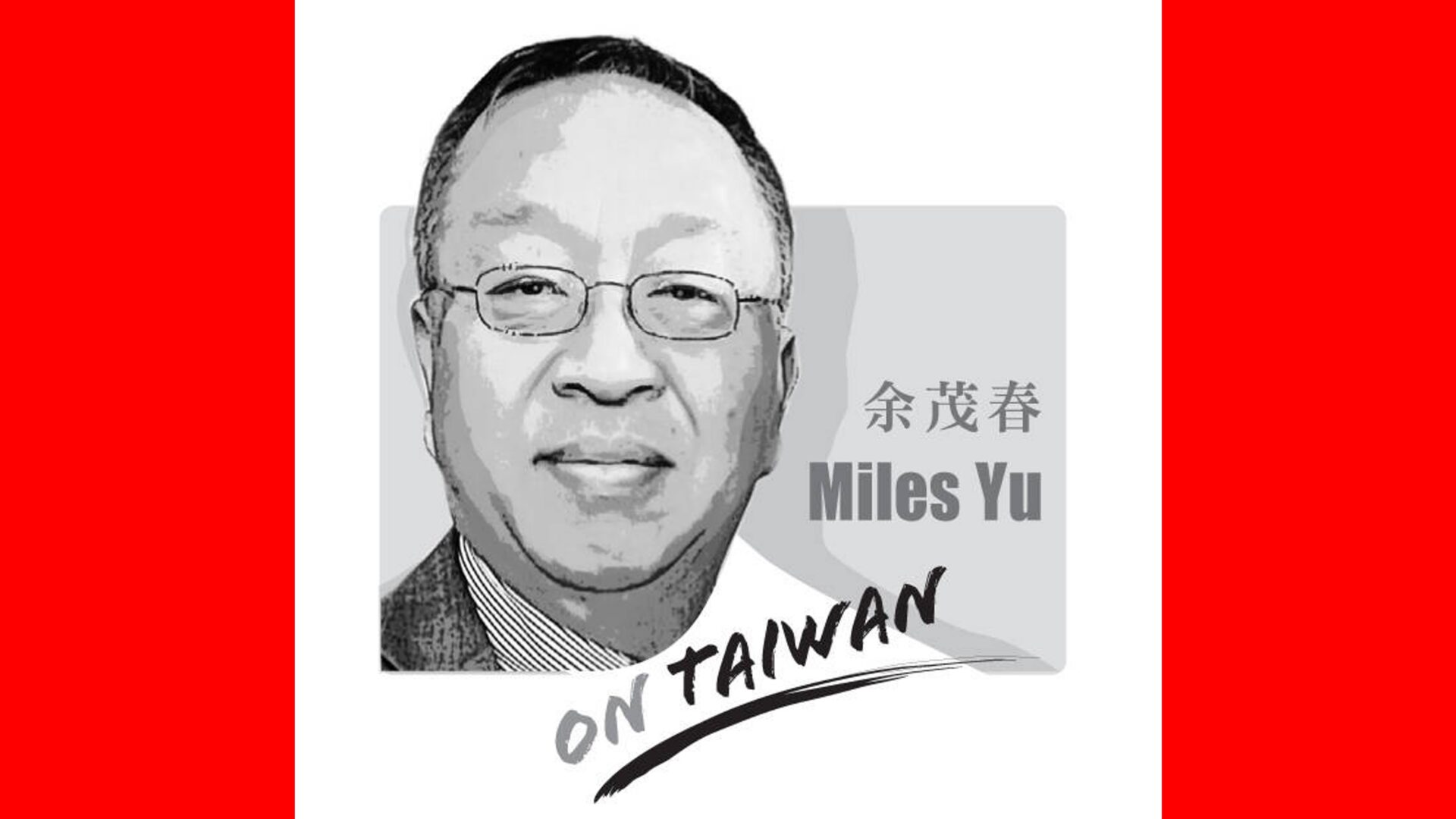
Keith Krach Talks Domestic Investments in Chip Manufacturing on Bloomberg Daybreak
Bloomberg
08.29.22As President Biden and Micron President Sanjay Mehrota on the newly signed chips legislation. And we want to get more on that bill now, which includes about $52 billion to boost domestic semiconductor research and development. Keith Krach is chairman of the Krach Institute for Tech Diplomacy at Perdue. He previously served as the U.S. Under Secretary of State. $52 billion is is a fair amount of money. Chipmakers right now are doing quite well with profits.
Secretary Xi in China is absolutely obsessed with the semiconductor business. He appointed the semiconductor czar with $1,000,000,000,000 budget over the next ten years. And as far as they can, you know, overcapacity. I don’t think we have to worry about that for a long, long time. Now, the skill set, that point is a very important point because if you take, for example, TSMC is $12 billion semiconductor plant. There’s 1500 workers in that plant. 60% of them are PhDs or masters degree. And that’s one of the reasons, for example, my alma mater, Purdue University, just came out with the first program to get a masters in semiconductor engineering. So this is a really important skill set. But, you know, we we’ve got to bring back it’s also great in terms of the R&D that’s in this bill. That’s about $200 billion worth. And this is something where we get economies of scale with our allies, beat and defend techno authoritarianism.
Related Posts

article
The Era Of ‘Tech Diplomacy’ Is Here
Technology is the new frontier of international relations. The interaction is bi-directional: technology is defining diplomatic matters while diplomacy is also influencing the development and deployment of technology. Take semiconductors as an example. This is a technology that forms the foundation of digital economy, national security, and productivity in almost all industries. Global supply chain in the semiconductor industry is shaping U.S. foreign policy. Conversely, America’s diplomatic effort has been redefining the supply chain. Tech diplomacy is different from science diplomacy, which became a key pillar for the U.S. and other countries since World War II. Scientists participated in treaty negotiations, engaged in bilateral summits and served as attachés at embassies. Primary topics included nuclear proliferation, super-collider construction, human space exploration and environmental science.

By: Miles Yu
article
Miles Yu On Taiwan: China’s lessons—and fears—from the Wagner revolt in Russia
For over a century, tumultuous events thousands of miles away in Russia have impacted China profoundly. Mao Zedong (毛澤東) famously said that the cannon sound of the October Revolution brought Marxism-Leninism to China. Now Xi Jinping (習近平) fears that last month’s Wagner revolt may provide a model for the Chinese Communist Party’s undoing.